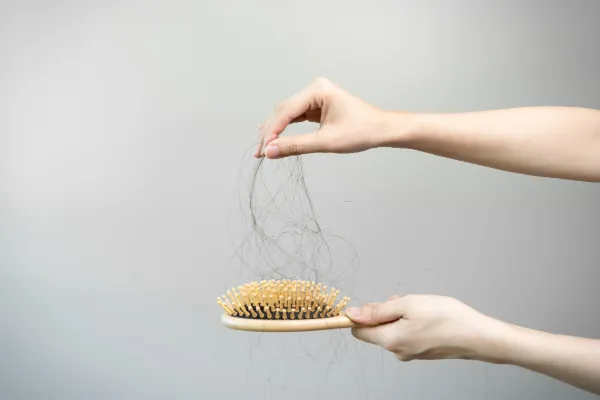この記事の概要
Thinning hair or hair loss is not only a visual problem for many people, but also a psychological one. For men in particular, thinning hair can affect self-confidence and self-esteem, and for women it can be a source of intense stress on their sense of beauty. This article provides a psychoanalytic perspective on how hair transplantation can improve mental health and reduce the psychological impact of hair loss.
The psychological impact of hair removal
Self-image and self-esteem
Hair loss can have a profound effect on your self-image and self-esteem, including:
Loss of confidence: Thinning hair can make you feel insecure about your appearance and may cause you to avoid going out in public.
Social isolation: Hair loss can lead to people avoiding social situations and therefore weakening relationships.
Anxiety and stress: Increased anxiety and stress due to fears of further hair loss and the gaze of others.
Differences in impact by gender
Men and women may have different psychological effects to hair loss.
Men: Male pattern baldness is common and therefore there is a degree of acceptance, but it can still be very stressful for younger people.
Women: Because hair removal is less common in women, it has a particularly large psychological impact, strongly affecting their self-esteem and sense of beauty.
Psychoanalysis and hair removal
From a psychoanalytic perspective, hair removal is linked to an individual’s unconscious, past experiences, and self-perception. Below we’ll look at the effects of hair removal from a psychoanalytic perspective.
Unconscious self-image
According to Freud’s theory, our unconscious self-image is formed by our early childhood experiences and parental influences, and hair loss is an unacceptable violation of this unconscious self-image, as hair is a part of our self-expression.
Childhood experiences: If you had a lot of positive experiences with hair during your childhood, then hair loss can have a particularly strong psychological impact.
Parental influence: If your parents had a strong interest in hair, the impact of hair loss on your self-esteem may be more pronounced.
Defense Mechanisms and Adaptation
In psychoanalysis, defense mechanisms function as ways that individuals cope with stress. Defense mechanisms for hair loss are varied, but have limited application.
Denial: Denying the reality of the hair loss may provide temporary peace of mind, but as the condition progresses, the reality becomes more and more pressing.
Rationalization: You try to accept the hair loss as “natural,” but deep down you continue to feel unhappy and anxious.
Psychological improvement through hair transplantation
Hair transplantation is an effective way to improve the psychological impact of hair loss. Here are some specific benefits hair transplantation can have on your psychological wellbeing:
Restoring confidence
Regrowing your hair through a hair transplant can help restore your confidence and a positive self-image.
Improved Appearance: Hair regrowth can give you a younger looking appearance and improve your self-esteem.
Resuming social activities: You will feel more confident in public and will be more likely to participate in social activities.
Mental stability
By solving appearance problems through hair transplantation , anxiety and stress are reduced, resulting in mental stability.
Reduced anxiety: By eliminating the fear of further hair loss, you will feel less anxious about the future.
Stress relief: Stress about the gazes and judgments of others will be reduced, allowing you to live a more relaxed life.
Psychoanalytic care combined with hair transplantation
The Importance of Counseling
Counselling can be undertaken alongside the hair transplant procedure to comprehensively address the psychological impact of hair loss.
Cognitive Behavioral Therapy (CBT): This reduces the psychological burden by changing negative thought patterns about hair loss.
Support groups: Meeting with others who are experiencing the same issues can provide comfort and encouragement.
Continuous mental care
Even after hair transplant surgery, continued mental care can help maintain long-term psychological health.
Regular counselling: Get regular counselling to check your mental health.
Practice self-care: Incorporate self-care practices such as meditation and relaxation to maintain balance in your mind and body.
summary
Hair loss is a problem that affects not only the appearance but also the psychological aspects. From a psychoanalytic point of view, hair loss has a serious impact on self-image and self-esteem and must be dealt with appropriately. Hair transplantation is an effective means of restoring self-confidence and bringing mental stability through improved appearance. By combining hair transplant surgery with counseling and ongoing mental care, the psychological effects of hair loss can be comprehensively addressed and patients can live a healthy life both physically and mentally.








